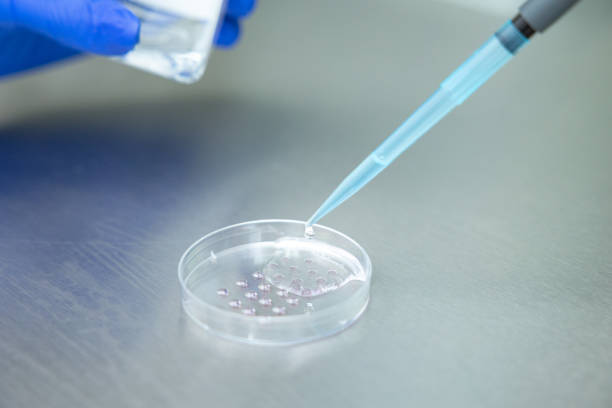In the realm of reproductive health, fertility services have emerged as a crucial resource for individuals and couples navigating the challenges of conceiving. This article explores the multifaceted world of fertility service, shedding light on the comprehensive support, advanced treatments, and compassionate care provided by specialized clinics on the journey toward parenthood.
The Landscape of Fertility Services:
Fertility services encompass a diverse range of medical, diagnostic, and emotional support aimed at addressing infertility and facilitating conception. These services are administered by dedicated fertility clinics, staffed with specialized healthcare professionals, including reproductive endocrinologists, embryologists, and fertility nurses. Tailored to the unique needs of each individual or couple, fertility services provide a roadmap for those seeking to build their families.
Key Components of Fertility Services:
- Diagnostic Assessments:
Fertility specialists conduct thorough diagnostic assessments to identify underlying factors contributing to infertility. This may involve hormone testing, semen analysis, imaging studies, and genetic screenings, providing a comprehensive understanding of the fertility landscape. - Ovulation Induction:
Fertility services often incorporate ovulation induction, a process that utilizes medications to stimulate the ovaries, optimizing the chances of successful conception, especially for individuals with irregular menstrual cycles. - Assisted Reproductive Technologies (ART):
Advanced fertility treatments, such as in vitro fertilization (IVF), intracytoplasmic sperm injection (ICSI), and preimplantation genetic testing (PGT), are integral components of fertility services. These technologies enhance the prospects of successful conception for individuals facing complex fertility issues. - Intrauterine Insemination (IUI):
IUI involves the targeted placement of sperm into the uterus during the woman’s fertile window, increasing the likelihood of natural fertilization.
Comprehensive Support and Counseling:
- Emotional Support:
Fertility services recognize the emotional toll that infertility can take on individuals and couples. Dedicated counseling services provide emotional support, helping individuals navigate the complex emotions associated with fertility challenges. - Educational Resources:
Fertility clinics offer educational resources to empower individuals with knowledge about their reproductive health. This includes information on fertility preservation, lifestyle factors, and family planning. - Nutritional Guidance:
Recognizing the impact of nutrition on fertility, clinics often provide nutritional guidance to optimize overall health and enhance fertility prospects.
Holistic Approach to Care:
Fertility services adopt a holistic approach to care, recognizing that fertility is influenced by a combination of biological, emotional, and lifestyle factors. By addressing the broader spectrum of an individual’s well-being, clinics strive to create an environment conducive to successful conception.
Access to Cutting-Edge Technologies:
Fertility clinics leverage cutting-edge technologies to provide state-of-the-art care. Advanced laboratories equipped with the latest equipment and techniques contribute to higher success rates in assisted reproductive technologies. Telemedicine and digital platforms further enhance accessibility, allowing individuals to receive expert guidance remotely.
Conclusion:
Fertility services play a pivotal role in guiding individuals and couples on their journey toward parenthood. With a blend of medical expertise, emotional support, and cutting-edge technologies, these services provide a roadmap for those facing infertility. By combining compassion with scientific innovation, fertility clinics empower individuals to navigate the complexities of reproductive health, offering hope and possibilities on the path to building the family they envision.

